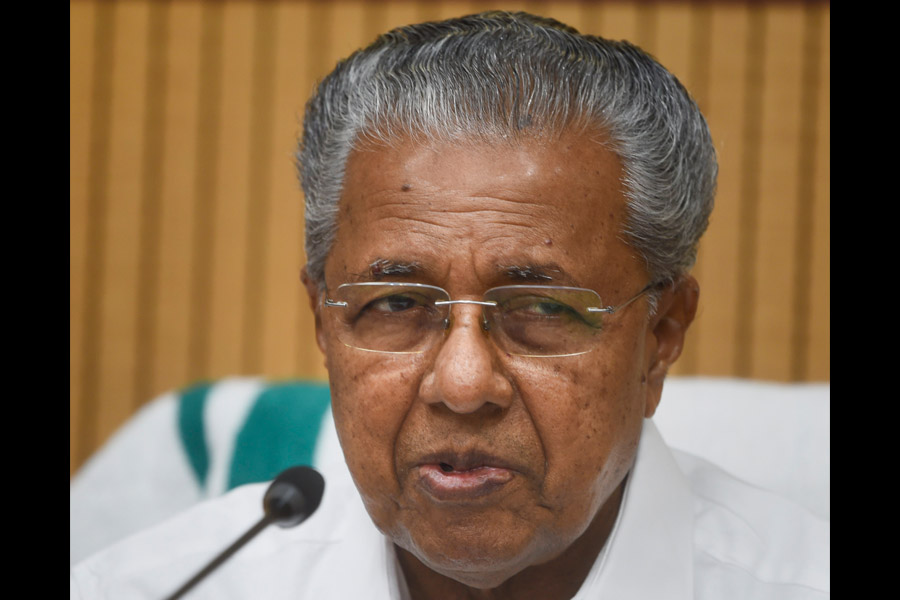The Malayalam film industry appears to be a schizophrenic entity. Commercial success and critical accolades have graced it often: Malayalam cinema grabbed the spotlight at the National Film Awards recently. But close on the heels of this triumph, Hema Committee’s report exposed the industry’s sordid underbelly. Formed to examine the working conditions of women in the Malayalam film industry, the report, released last week by the Pinarayi Vijayan government on the direction of the Kerala High Court, highlighted shocking instances of abuse that women have to face on a daily basis. These include demands of sexual favours in exchange for work, lack of basic infrastructure like toilets and changing rooms, pay disparity, coercion to perform nude scenes, withholding of remuneration and online harassment among other transgressions. The revelations provide evidence of the proverbial ‘casting couch’ and shed light on the disproportionate, cartel-like power enjoyed by the fraternity of male directors, actors and producers. It is striking that the findings of the committee, which had been set up after the 2017 sexual harassment of a Malayali actress and was headed by a judge of the Kerala High Court, could not be made public for five years. A Right to Information application by 16 journalists and the State Information Commission’s order helped it see the light of day. Many of the respondents agreed to share their ordeals only after being assured of anonymity; others faced retribution for speaking up. Unfortunately, such systemic exploitation of women artists and workers is not unique to Kerala. Pay disparity is a wart afflicting film industries across India, as are whispers of exploitation. The Hema Committee has an international precedent too. The 2022-23 Entertainment Industry Survey by the Anita Hill-led Hollywood Commission, which was constituted after the MeToo movement, revealed that women are twice as likely to face bullying at the workplace than men even as the powerful continue to escape accountability.
Discrimination and violence against women, be it in cinema or other sectors, trace their roots to embedded patriarchy and institutional complicity. The recommendations of the Hema Committee — the framing of a statute and the establishment of a tribunal under the statute among other interventions — must be accompanied by measures like extended legal protection, written contracts, equitable remuneration, gender balance in decision-making bodies, training in gender sensitivity for cast and crew and so on. Progressive themes on the reel must now get a realistic touch everywhere.










